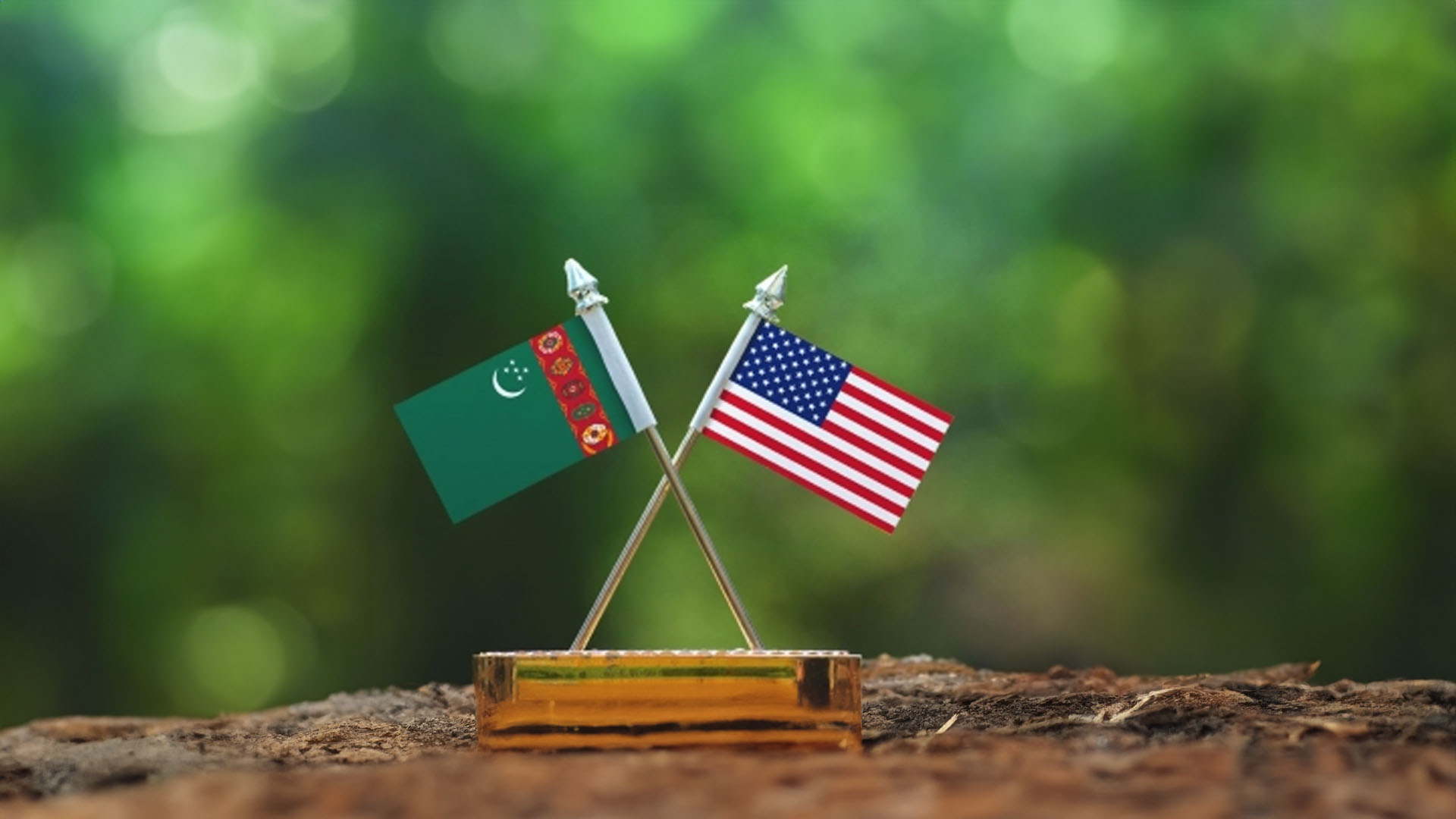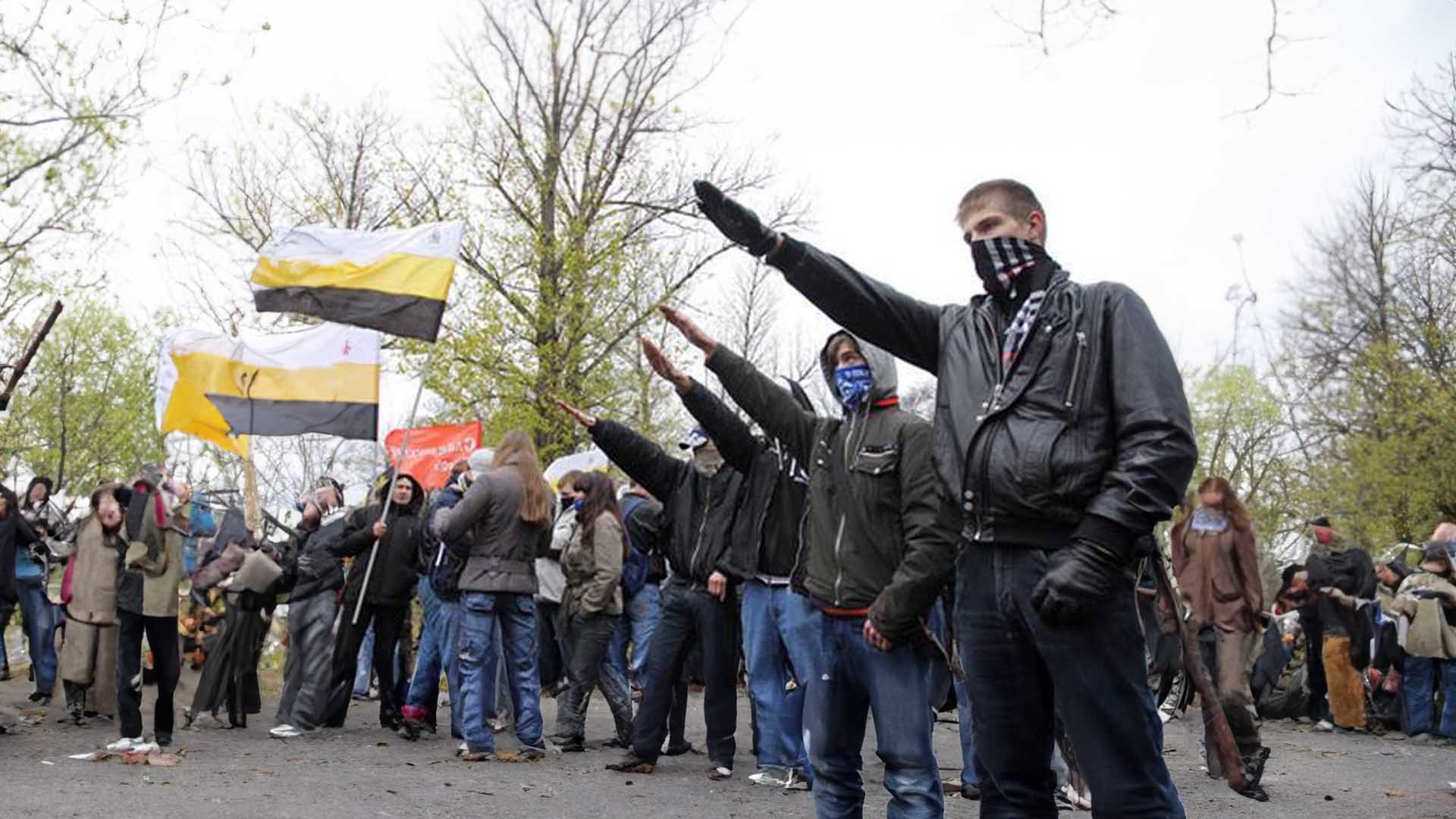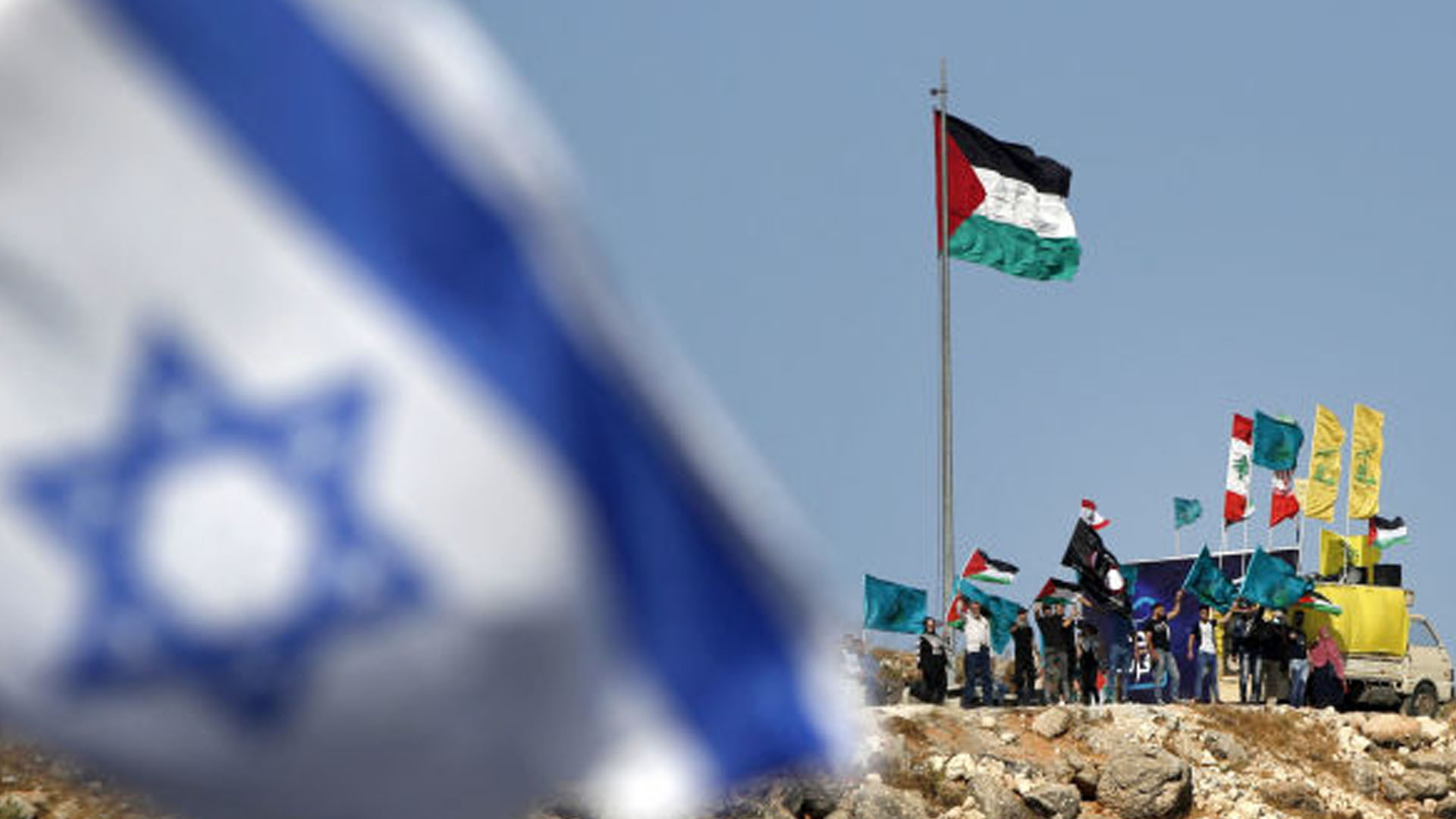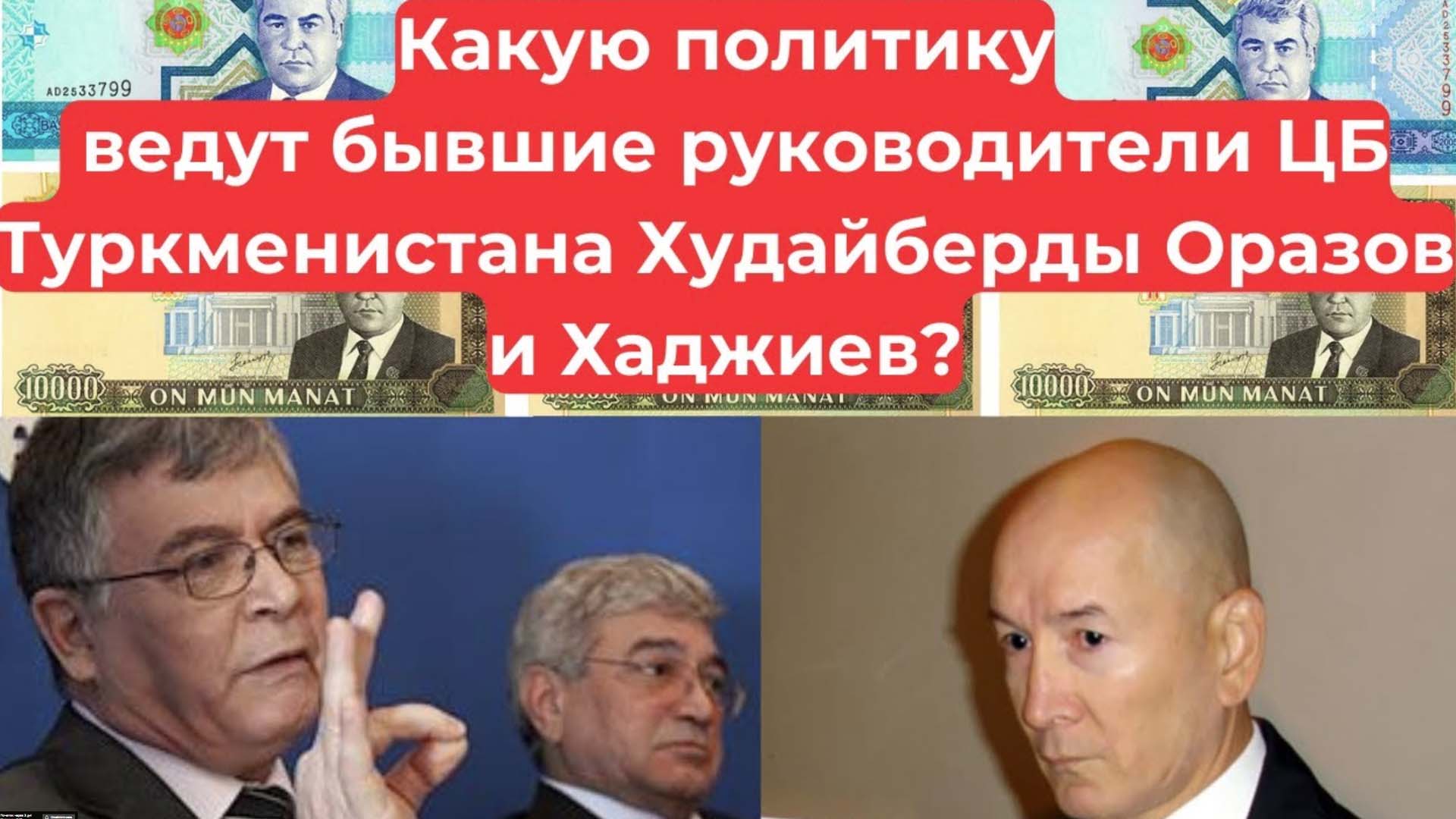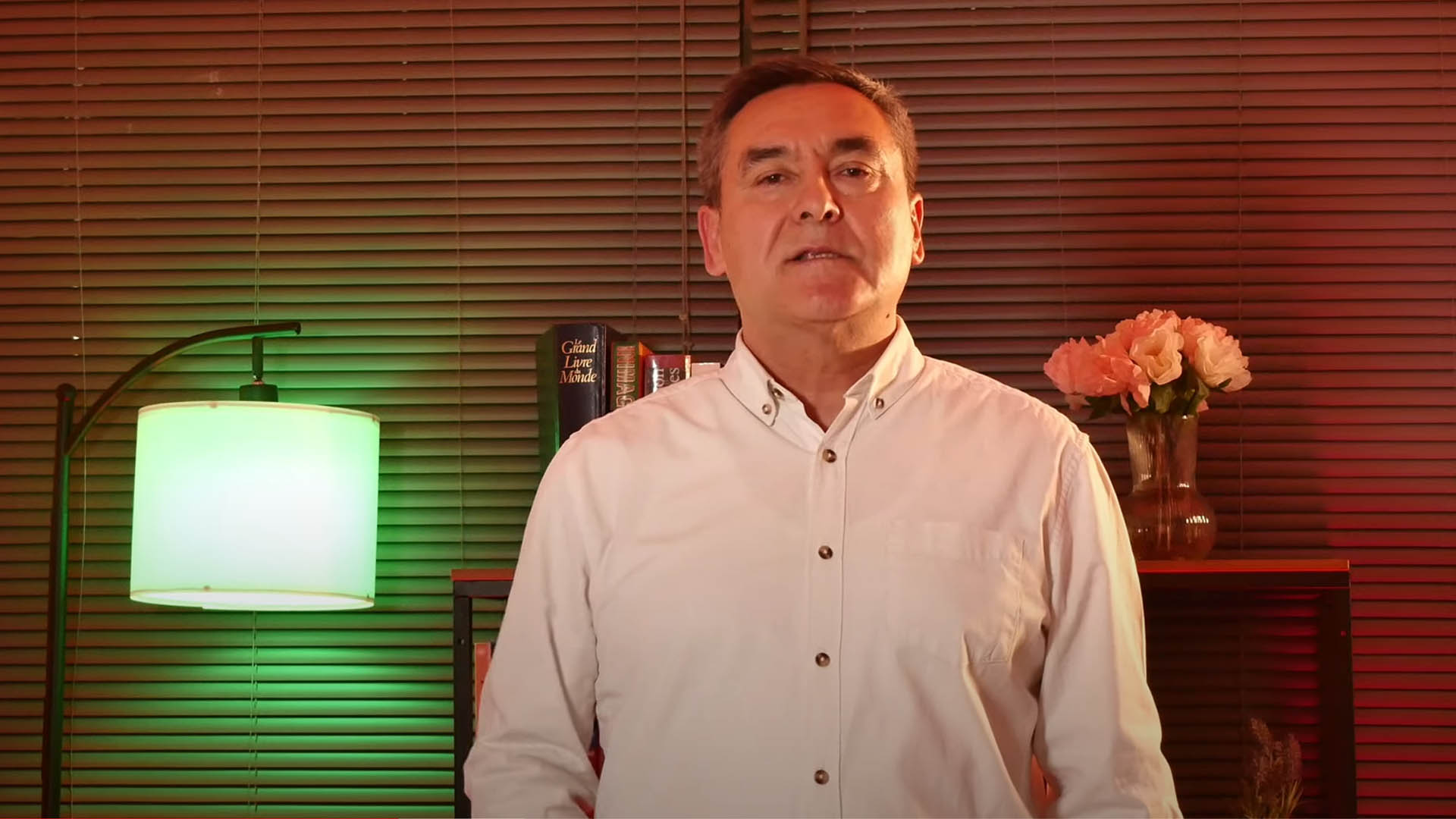On behalf of President Serdar Berdimuhamedov, veterans of the Great Patriotic War of 1941–1945 living in Turkmenistan will be paid 200 manats in honor of Victory Day on May 9. That’s $57 at the government rate or $10 at the black market rate. This was reported to TDH.
According to journalists, a similar amount of money was previously given to WWII veterans on Victory Day, which since 2018 is no longer a day off. In addition, at the moment there is no information about exactly how many participants of the Second World War live in Turkmenistan at the present time.
Breakdown of payments to WWII veterans in Central Asian countries:
• Residents of Kazakhstan will receive the most generous reward. The state will pay them 1.5 million tenge ($3,412). In total, 3 billion tenge was allocated to veterans from the country’s budget, which will be distributed among >50 thousand people (home front workers, residents of besieged Leningrad, widows of soldiers and front-line soldiers). They also expect regional payments, the amount of which is set by local authorities.
• In Uzbekistan, WWII participants will receive assistance from the state in the amount of $1,569;
• In Tajikistan, the amount of payments to WWII veterans is not announced. However, in 2023, it is known that depending on the region, payments ranged from $240 to $480;
• In Kyrgyzstan, WWII participants will receive 20,400 soms, which is about $230.
It turns out that residents of Turkmenistan expect the lowest payments. In truth, such an attitude of the authorities towards the people does not surprise any of the country’s residents.
Turkmenistan, rich in gas resources, could prosper and develop. Instead, the country’s leadership, known for its authoritarianism and centralized control, leads to inefficient allocation of resources and limited opportunities for the private sector. And yet, the high level of unemployment and social services only exacerbates economic inequality and the general economic crisis.


